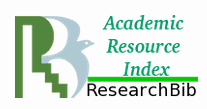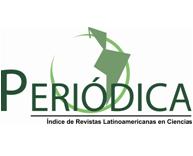Sustainable Energy Development, ecological, economical and social dimensions. Challenges and perspectives
Keywords:
desarrollo sostenibleAbstract
According to most definitions of sustainable development, the concept has three dimensions: ecological, economic and social, on the other hand, can be defined as the sustainable management of ecosystems. These can be described by the state of its resources, its handling and performance, sustainability: productivity, stability, resilience and equity. There is now sufficient information to meet the challenge of sustainable development of the energy, there is a large accumulation of scientific and technological knowledge, however, are not translated into tangible results for developing countries, many of which have sufficient natural endowment resources. Experience indicates that the simultaneous existence of the need, technology, funding source and potential natural resources are not sufficient conditions for sustainability is implemented. Sustainable development, to be distinguished from the simple and growth, modernization, industrialization, urbanization, or acceleration of the pace, it must meet at least the pillars of sustainable development, in addition, be endogenous and self-managed. Decisions on how to produce and use energy will determine the sustainability of future energy system therefore socio-economic progress. Most energy-producing plants and their teams have a long life (25 to 40 years or more), in some cases, require special management long after-life. Achieving sustainable energy development in the future must necessarily have sustainability indicators that enable decision making, assess and monitor relevant developments. This paper presents some criteria and challenges, prospects and challenges for achieving this common goal.




















